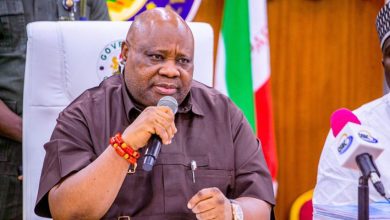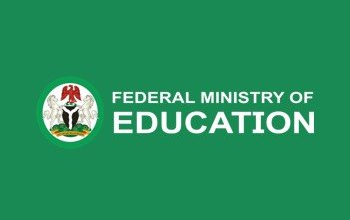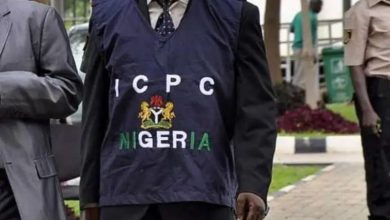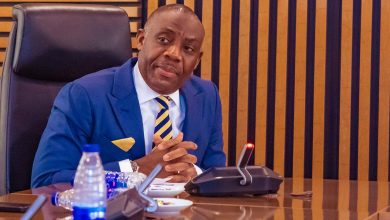Nigerian Governors Warn of Worsening Education Crisis, Demand Urgent Reform
Governors warn Nigeria’s education crisis could become irreversible without urgent national intervention.
They highlight poor learning, high dropout rates, and lack of teacher support as key issues.
Governors across Nigeria have raised serious concerns over the deepening crisis in the country’s education sector, warning that without immediate and coordinated action, the system risks irreversible decline.
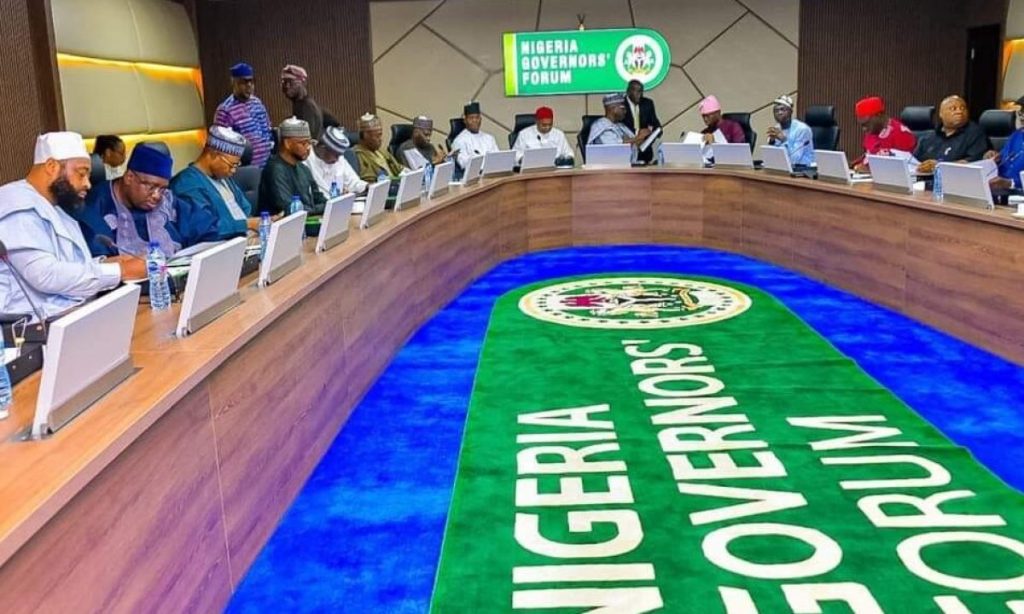
The alarm was sounded on Thursday at a State-Level Workshop on Foundational Learning and Out-of-School Children, held in Abuja. Chairman of the Nigeria Governors’ Forum (NGF) and Governor of Kwara State, AbdulRahman AbdulRazaq, delivered the warning through the forum’s Education Advisor, Leo The Great.
“Nigeria is faced with a crisis,” AbdulRazaq said. “We are dealing with a large population of out-of-school children, and worse, school enrollment for many does not translate into actual learning.”
According to nationwide data cited at the workshop, an estimated 66% of primary school-aged children are out of school. The trend is primarily attributed to poor foundational learning, high dropout rates, and weak transitions across education levels.
AbdulRazaq emphasized that foundational learning skills such as basic literacy and numeracy are not only essential in their own right but also critical to the retention and success of students throughout their academic journey.
He identified multiple systemic barriers contributing to the decline, including:
- Inadequate and undervalued education workforce
- Chronic underfunding of the basic education sector
- Limited access to modern learning materials and digital literacy tools
- Poor teacher training structures and unfamiliarity with up-to-date research
- Weak local capacity for monitoring and evaluation
- Low community engagement and awareness
- Inconsistent commitment from both state and non-state actors
“The education sector suffers from insufficient planning and fragmented interventions,” he added. “To move forward, we must strengthen both the policy framework and implementation capacity.”
AbdulRazaq expressed optimism that the workshop would stimulate renewed commitment among decision-makers at both the federal and state levels. “The NGF expects this initiative to drive evidence-based reforms and reduce the number of out-of-school children across the federation,” he said.
Echoing these concerns, the Executive Secretary of the Universal Basic Education Commission (UBEC), Aisha Garba, represented by Deputy Secretary (Technical), Rasaq Akinyemi, stressed the urgency of inclusive reforms.
“Despite ongoing efforts, deep-rooted challenges persist in our education system,” she said. “We must consolidate on previous gains and ensure no Nigerian child is left behind, regardless of their location or background.”
The call for action comes as Nigeria continues to struggle with one of the world’s highest numbers of out-of-school children. In January, Minister of Education Olatunji Alausa described the statistics as “mind-boggling and disturbing” while presenting the 2025 budget to the National Assembly.
Efforts are reportedly underway to improve federal-state collaboration on this issue, but governors insist that more urgent and coordinated measures are needed to stem the growing crisis and build a resilient educational foundation for the country’s future.
